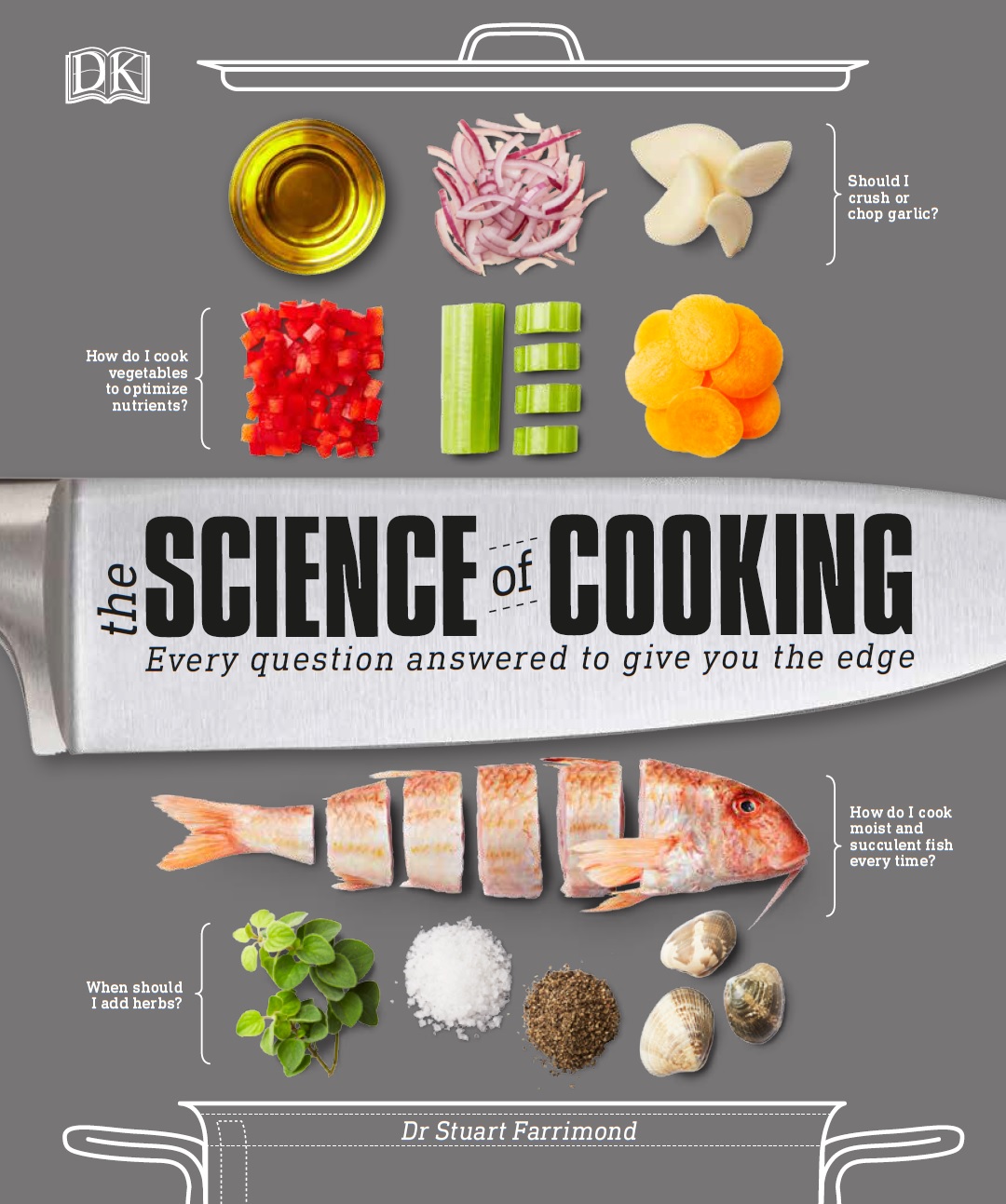I bet that you own at least one loyalty or ‘reward’ card. They sound like a great idea - You get money and points for just doing your normal grocery shop! Well, if you think you’re getting something for nothing, then you’re wrong…
The barcode bleep is like the soundtrack to modern society. And in the 21st Century, we must shop to survive. But when you use a loyalty card, every bleep sets off an invisible chain of electronic events: In the UK, purchases are instantly fed into a huge computer database for detailed analysis. But why, and for what purpose? Today’s blog explores the murky world of the supermarket loyalty card….
.
Loyalty Cards for Casinos

Harrah's are the world's largest gambling and Casino Company; they operate a chain of outlets worldwide and boast annual profits in excess of $2 billion. Loyalty cards have helped them stay ahead of the game
Meet Mike: He’s a regular guy who works an honest living. He gets paid every week and each Friday he likes to treat himself on a bit of slot machine gaming. Mike likes to play on ‘Pots of Gold’ and ‘Lucky Sevens’. Sometimes he goes home with winnings, but most of the time he loses. He doesn’t mind too much though; to him it’s just a bit of fun and he always sets himself a limit of £20.
A new casino came to town a few weeks ago and Mike started going. They gave him a free ‘Rewards’ loyalty card, when he joined up. One Friday, Mike is playing and things aren’t going his way. After about 20 minutes he’s on a losing streak and is about to throw in the towel. But just before he puts in his last coin, an attendant comes up to him;
“Congratulations sir! You’ve been selected as one of our loyal customers to receive a complementary £10 on your Rewards card!”
‘What great luck!‘ Mike’s feeling pretty chuffed about himself. Buoyed up by this ‘big win’, he keeps on betting. But an hour later, Mike realises that he’s lost over £50 - more than he ever would have spent. Mike wonders, ‘How did that happen?
.
The Technology behind Loyalty Cards
Unbeknownst to our friend Mike, every time he used his loyalty card a profile of his playing behaviour was being recorded by the casino’s computer system. Sophisticated software designed to learn his playing patterns had ‘flagged’ him to the attendants because it had identified he would rarely spend more than £20. Following the computer’s advice, the attendants swooped in, giving him a ‘reward’ to discourage him from leaving. They used a well recognised psychological trick to make people forget about their losses.
The ‘Norm of reciprocity’ is what psychologists call the feeling you get when someone gives us something: We somehow feel obliged to ‘return the favour’ and give something back. By exploiting such psychological weakness inherent in all of us, companies that use loyalty cards can get to know when we are at our weakest!
This above example is based on Harrah’s casino; a company that now use complex computer algorithms that log and learn the behaviour of their ‘Total Rewards’ card holders.
Is it clever? Most certainly
.
Is it immoral? Possibly, but Mike wasn’t forced to use a loyalty card…
But isn’t there is something very creepy about computers learning our behaviour? Marketing companies call it ‘targeted marketting’, but I’m not a fan; it’s not just gambling-types that are manipulated by such systems. All major supermarkets and shops that give out loyalty cards use similar tricks.
The Supermarket Loyalty card

In psychology, 'The Norm of Reciprocity' means that when we are given something we feel inclined to give something in return.
- Are you a committed Tesco shopper? You will be rated from ‘uncommitted’ to ‘premium’. The less loyal you are, the more likely you are to receive promotions to try to lure you into the shop (perhaps they should call them ‘disloyalty cards’?)
- How much do you tend to spend? You will rated as either be ‘upmarket’, ‘market’ or ‘cost conscious’!
From this, a profile of you is constructed:
Ms Jones is a young adult, who is a premium shopper. She uses Watford Hypermarket for major monthly shops and Covent Garden Metro for daily requirements. She often shops late in the evening and buys upmarket products.
She is particularly loyal to her cat food brand and fine fabric washing powder. She buys Country Living magazine and sometimes Hello. Her address and telephone number is…
Are loyalty cards evil?
I use supermarket loyalty cards, but some of my friends consider them an invasion of privacy and refuse to use them. I did notice that when we first bought food for our new cat, we started to receive money-off coupons for more expensive kitten food. We now receive offers for adult cat food (they must have calculated how old our cat is).I always try to use these vouchers for the offer (it would be stupid not to) and then revert to buying our normal (less expensive) brand afterwards. But it just seems all too easy for the ‘free gift’ to start a sequence of purchases you hadn’t planned - just like Mike in the casino gambled more than he wanted to..!
Selling the Data
Tesco clearly aren’t the only ones, but they are by far the most technologically advanced of the supermarkets; and they know it. By plotting the data onto maps (a technology called ‘GIS’) they can build new supermarkets in the best location to beat the competitors. And from the ‘Dunnhumby Shop’ they sell what they know about you to other companies: The amore a company will pay, the more detailed information they will get…
.
No wonder the Government are thinking of scrapping the UK Census, they should just pay a visit to the Dunnhumby shop…!
.
.
Read More:
The excellent book ‘Tescopoly’ by Andrew Simms is highly recommended to anyone who wants to know more about the ‘evils’ of supermarkets!
Geographical Information Systems (GIS) at GIS.com
A news article “Every bit of data helps…”
Read more about the ‘Norm of Reciprocity’
Dunnhumby is the company in charge of Tesco Clubcard data and a presentation of how they work can be found here












The dunnhumby presentation link you posted has been removed from the corporate tesco website…
I came here after looking for information on data mapping, while researching a growing problem I’ve noticed of shop local “campaigns” that have many followers on social networks and through their own websites, advocating protecting local producers, whilst at the same time, asking people to “sign up” for free email newsletters and/or searching their databases for local producers to buy from (or “help to support” as they proclaim).
Unbeknown to most users/supporters of the particular campaign, the database being used is feeding information back to the company the website buys their software from, which in turn, is analysed and sold on and used, to the very corporations they are claiming to be fighting against!
Posted by Deano... | September 6, 2012, 12:44 amThanks for the comment - interesting points!
I’ve found an alternative link for one of the dunnhumby presentations:
Click to access clive_humby.pdf
(thankfully, the Internet ‘wayback machine’ remembers everything! - )
Posted by Stuart Farrimond | September 7, 2012, 8:40 am